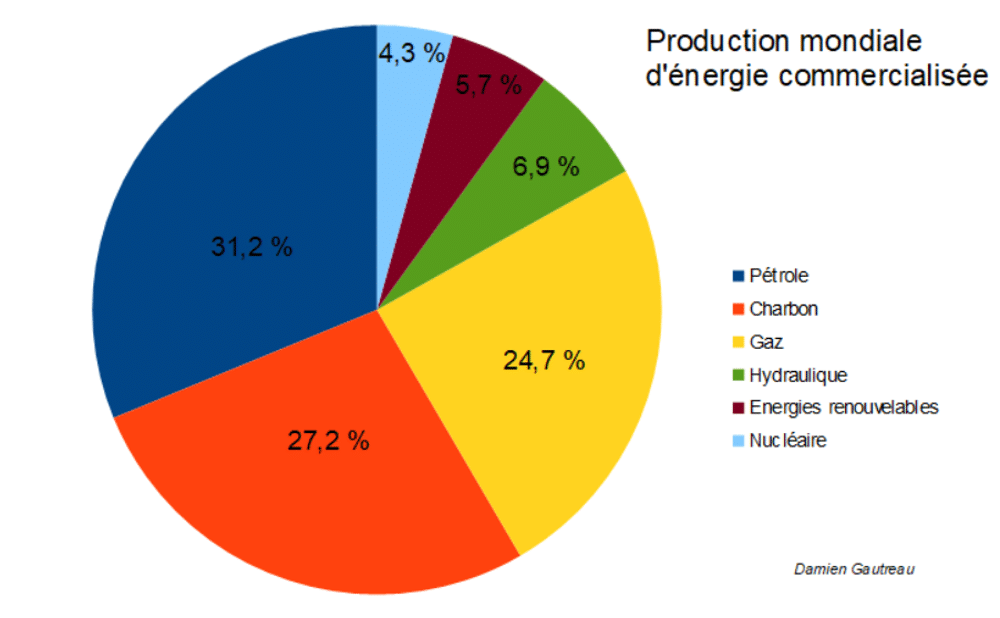The question of whether renewable energies can replace oil is at the heart of current debates. With the depletion of fossil resources and their negative environmental impact, renewable energies are emerging as a crucial alternative. Solar and wind energy are particularly expanding and, according to some forecasts, should surpass oil by 2023. However, despite their rapid growth, renewable energies cannot yet meet global energy demand due to technological, economic, and political challenges. The transition to a world without oil remains complex but essential for a sustainable future.

The transition to renewable energies
The question of whether renewable energies can truly replace oil is complex and multidimensional. Fossil fuels, including oil, are becoming less viable in the long term due to their non-renewable nature and the pollution they generate. On paper, the transition to renewable energies looks promising; they are considered inexhaustible on a human timescale and produce little waste or polluting emissions. However, massive investment in technologies and infrastructure is still needed to achieve this goal. On paper, moving away from oil seems simplistic, but in practice, it is not yet a concrete reality.
The challenges and obstacles
One of the main challenges of the energy transition is the rapid growth of global energy demand. Even though renewable energies, such as solar and wind, are developing at a sustained pace, they still account for only a fraction of total energy consumption. Moreover, integrating these new sources into existing electrical grids still poses technical problems. This is particularly noticeable in countries like Brazil, where electrical infrastructures do not allow for maximizing the potential of wind and solar energy production. Managing these challenges requires careful planning and robust political support. Are renewable energies really ready to meet these new challenges?
The impact of technological innovations
Technological advances play a crucial role in the transition to renewable energies. In countries like East Timor, despite real political commitments, the transition remains hesitant due to dependence on diesel. For green energies to become a viable alternative, it is imperative to develop technologies that not only increase the efficiency of existing systems but also reduce production and maintenance costs. Biomass, as a renewable energy source,offers an economical and efficient solution for creating a sustainable transition to a world without oil. The successes observed in eco-responsible companies innovating with wind energy show an inspiring path to follow.
[Énergies renouvelables] Trois nouveaux projets transfrontaliers sélectionnés dans le domaine des énergies renouvelables https://t.co/I95B7S2LwC Extrait du briefing de @ContexteEnergie
— Contexte (@Contexte) July 29, 2024
“`
Articles similaires
Thank you!
We will contact you soon.














